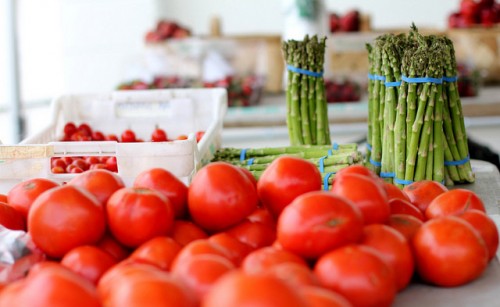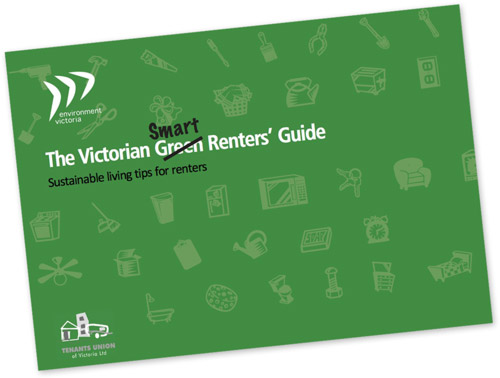Sustainable Living
Switching to renewable energy to power your home or business is one positive step to creating a more sustainable future for ourselves and the generations to follow. There are many adjustments you can make to your lifestyle and small everyday choices that can have a significant cumulative flow on effect to the well being of our environment.
Make sustainable choices when you shop

- buy local and reduce the distance your products have traveled to get to you
- buy recycled, it reduces waste but also saves energy and resources in the production process
- bring your own bag
- choose your wood based products – from dining chairs to toilet roll – based on its Forest Stewardship Council (FSC) accreditation
- If you enjoy seafood look for products that have the Marine Stewardship Council (MSC) label – it ensures the seafood has come from well-managed sources
Reduce your energy consumption at home
- turn off lights, heating, cooling, appliances etc when you are not using them
- reduce heating usage by closing doors, curtains and blinds in winter
- insulate walls and ceilings, seal gaps around doors and cracks, and place blinds on westerly facing windows
- turn off the hot water system before going on long holidays
- be conscious of energy ratings and buy lights and appliances with high energy ratings
- before you decide to live in a house be conscious of how its design and orientation affect energy usage and check past power bills
Reduce your waste

- buy fresh loose produce and avoid pre-packaged products
- keep a close reign on your cupboard and refrigerator to avoid food spoiling and store food in sealed containers
- compost waste food scraps – great for your veggies garden
- reuse glass and plastic containers
- make the most of the recycling services of your local area
- print only if you have to and then reuse paper or print both sides
- say no to junk mail
- try reading the news online instead of buying newspapers and magazines especially since most newspapers are just read once
Reduce your carbon emissions through transport
- reduce the amount you drive your car
- ride a bicycle whenever possible or use public transport
- walk more, like to the local shops
- shop locally and if you drive do fewer, bigger shops or if you walk or ride do more, smaller shops
- choose holiday destinations closer to home and support local business in the process
New Homes
Building a new home? Consider designing a ‘green home’ that uses a planning and design process that is environmentally responsible and resource efficient. The Australian Government’s guide to environmentally sustainable homes has a wealth of information on new home design, materials, energy and water efficiency http://www.yourhome.gov.au/
Renting your home?

You can still make changes to help you save money on your energy consumption and reduce your environmental impact. Environment Victoria has produced a great guide for Sustainable Living Tips For Renters, you can download it here.


















